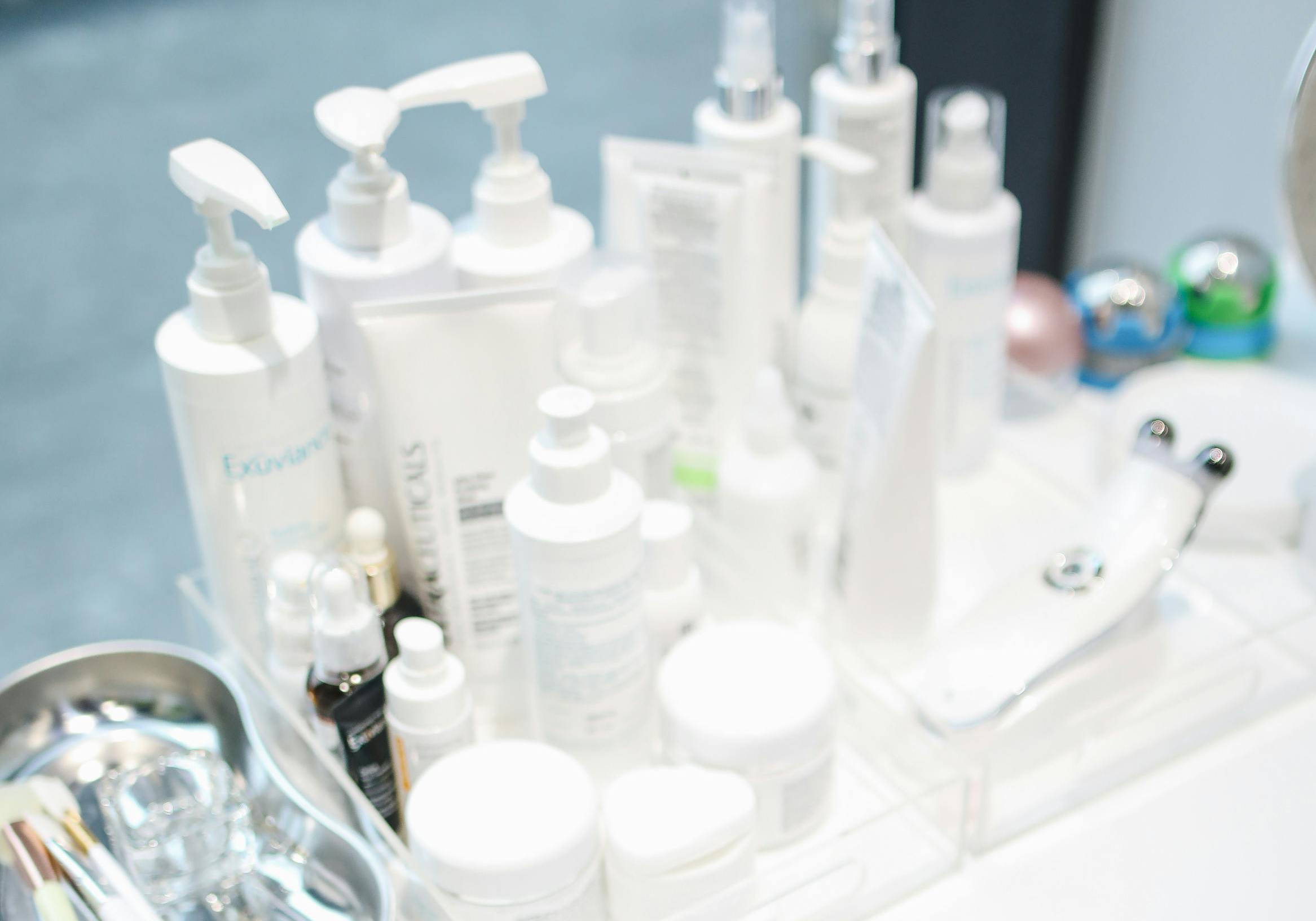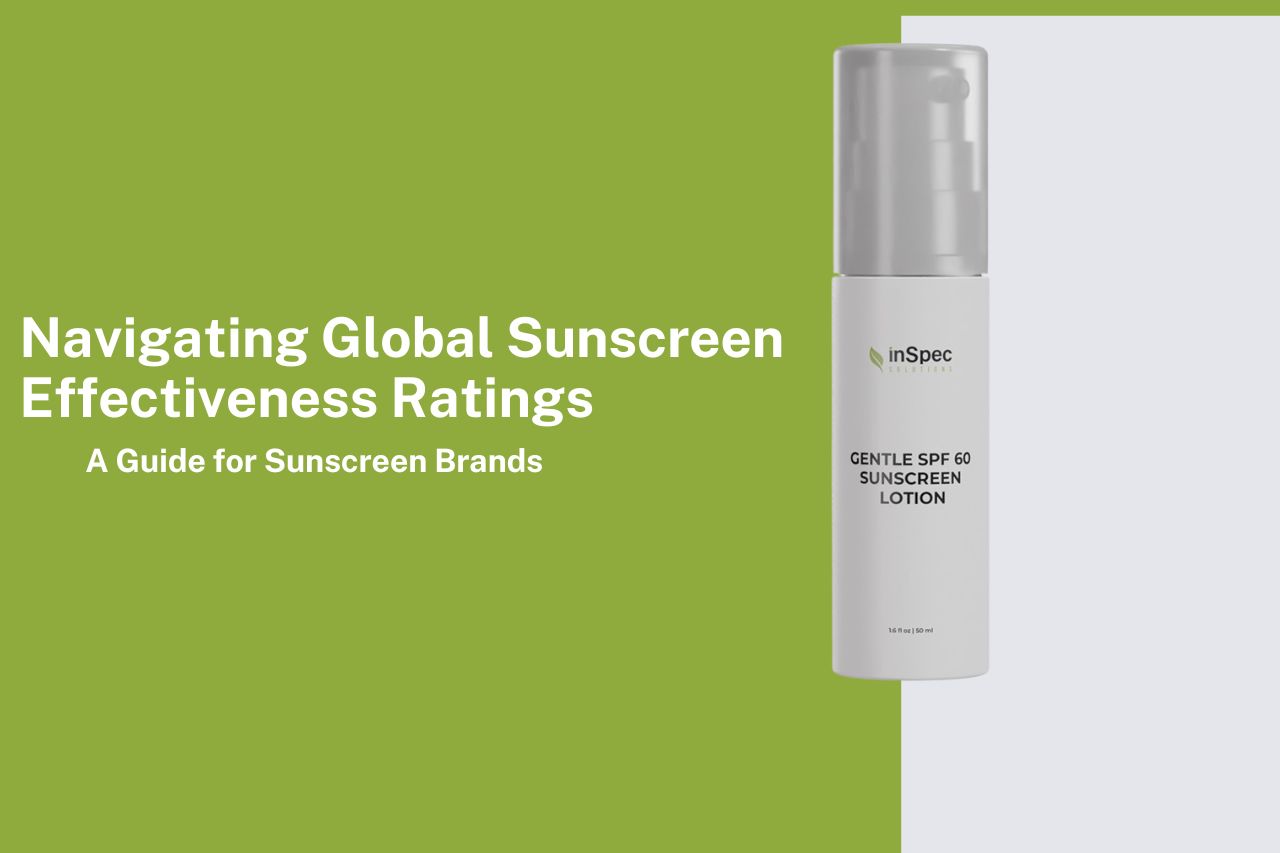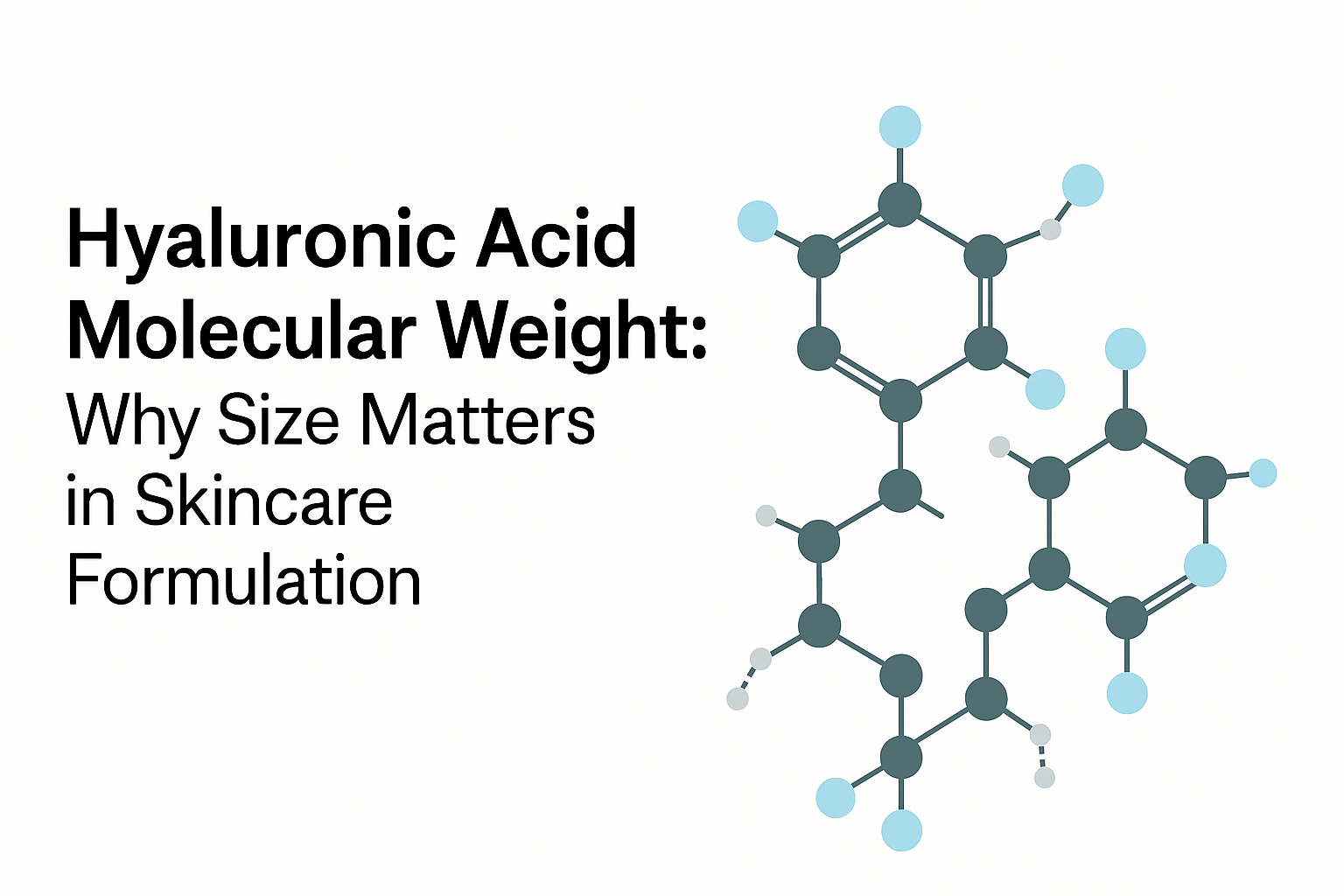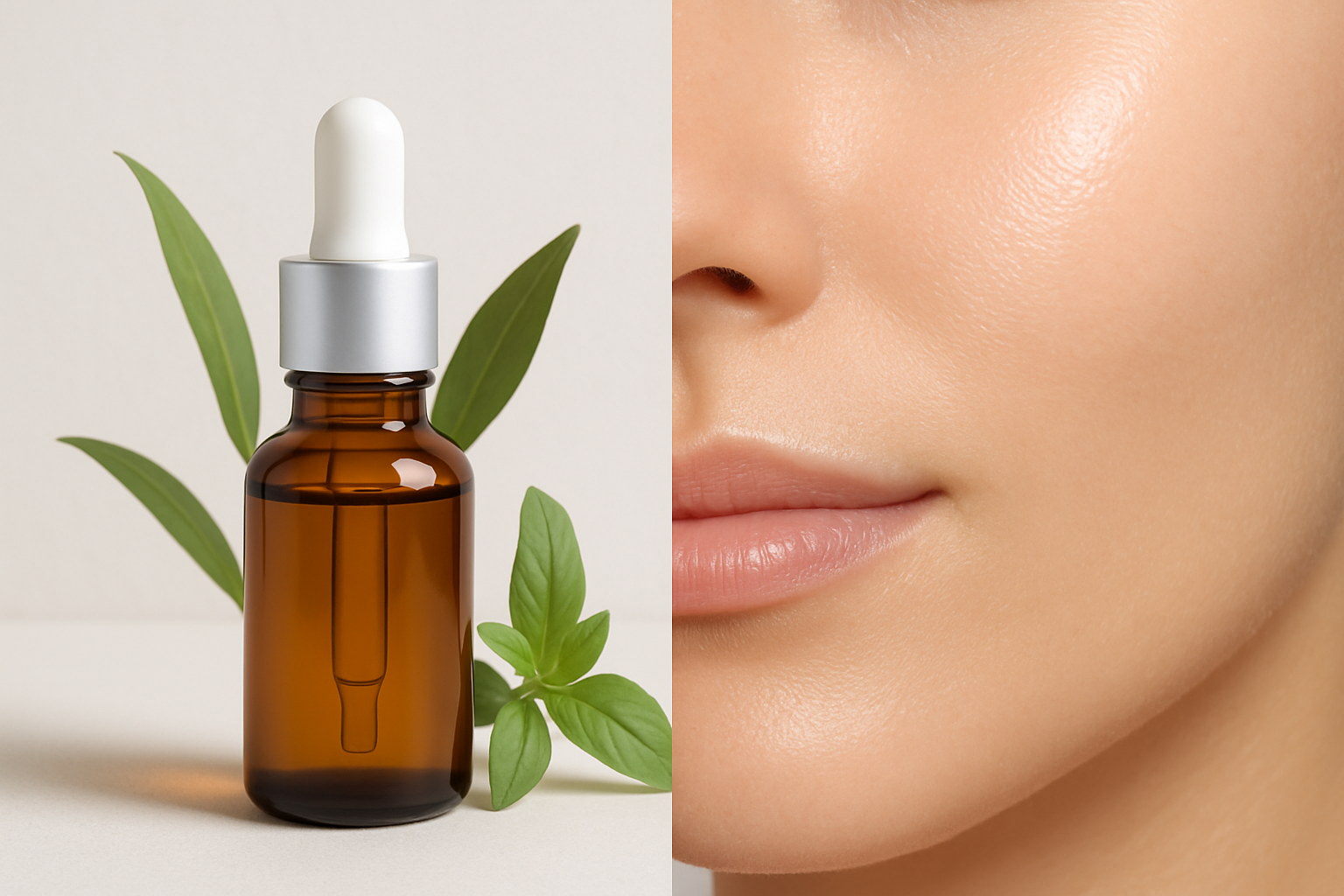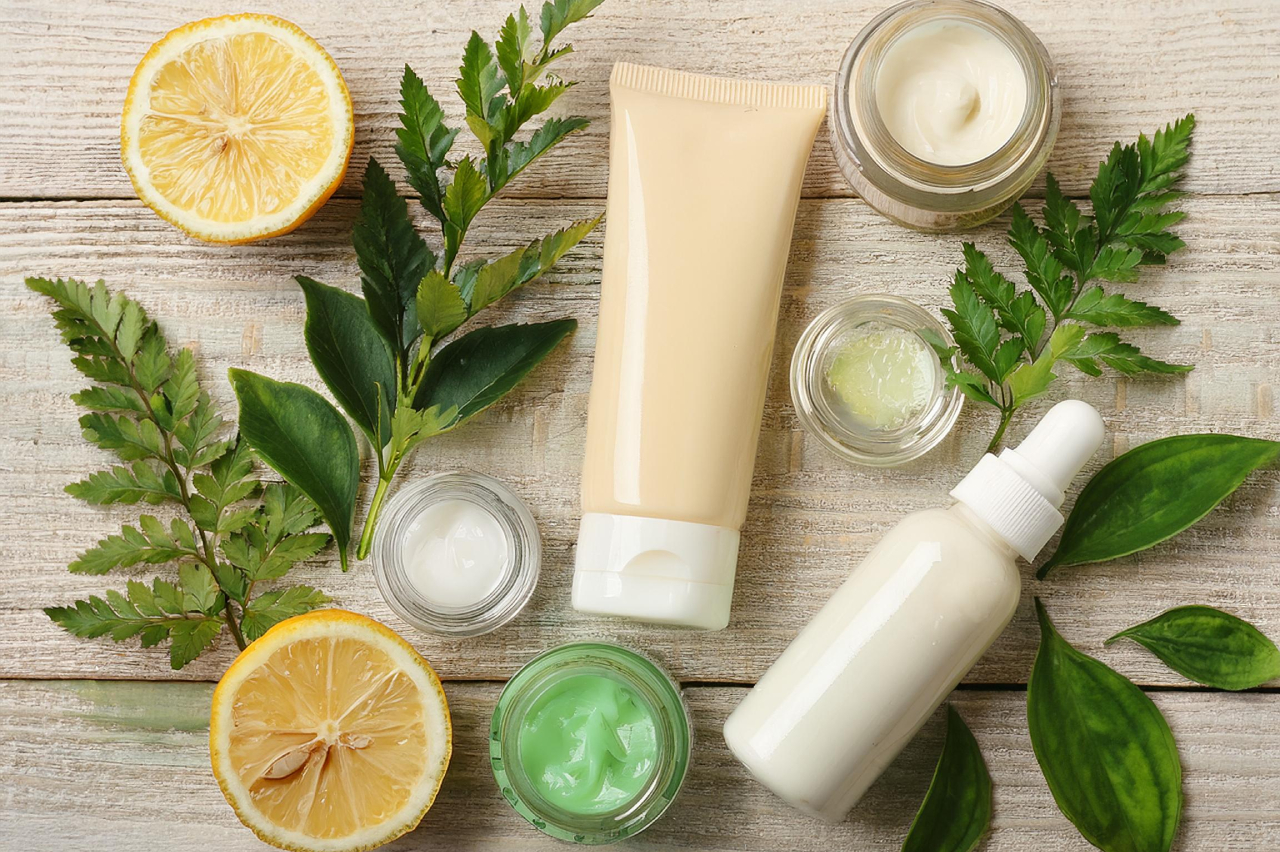The private label skincare market has exploded into a $24.8 billion industry, with projections reaching $35.9 billion by 2027. Behind every successful private label skincare brand lies a critical decision: choosing the right manufacturing partner. This comprehensive guide examines the private label skincare development process through the lens of manufacturing excellence, regulatory compliance, and market positioning to help you build a skincare line that not only launches successfully but scales sustainably.
Understanding Private Label Skincare Manufacturing
Private label skincare manufacturing involves partnering with a specialized facility to produce skincare products under your brand name. Unlike contract manufacturing where you provide the formulations, private label manufacturing offers access to pre-developed formulations that can be customized to meet your brand’s specific requirements and market positioning.
The distinction matters significantly for emerging brands. Private label manufacturing reduces development timelines from 18-24 months to 3-6 months while maintaining the flexibility to create differentiated products that reflect your brand values and target market needs.
The Manufacturing Partnership Advantage
Successful private label skincare requires more than just production capabilities. The most effective partnerships combine formulation expertise, regulatory knowledge, packaging innovation, and scalable production systems. This integrated approach allows brands to focus on marketing, distribution, and customer relationships while leveraging manufacturing expertise that would take years and millions of dollars to develop internally.
Modern private label manufacturers like InSpec Solutions offer comprehensive development support that includes formulation customization, packaging selection, regulatory compliance assistance, and quality assurance protocols. This partnership model has enabled brands to achieve market success faster and with greater consistency than traditional development approaches.
The Science Behind Effective Private Label Formulations
Formulation Categories and Market Opportunities
The private label skincare market spans multiple categories, each requiring specific formulation expertise and regulatory considerations. Anti-aging formulations incorporating peptides, retinoids, and advanced delivery systems represent the highest-value segment, with premium products commanding margins of 60-80%.
Sun care formulations present significant opportunities, particularly with advanced UV filters like bemotrizinol and zinc oxide nanoparticles. The regulatory complexity of SPF products creates barriers to entry that favor experienced manufacturers with established FDA compliance protocols and testing capabilities.
Therapeutic skincare products containing active ingredients like salicylic acid, benzoyl peroxide, or hydrocortisone require OTC drug manufacturing expertise. These products typically generate higher customer loyalty and repeat purchase rates, making them attractive for brands seeking sustainable growth.
Advanced Delivery Systems and Innovation
Encapsulated delivery systems have revolutionized private label skincare by improving ingredient stability and efficacy. Encapsulated retinol, for example, provides the anti-aging benefits of traditional retinol while reducing irritation and extending shelf life. This technology allows private label brands to offer premium skincare benefits at accessible price points.
Microencapsulation technology extends beyond retinol to include vitamins C and E, peptides, and botanical extracts. The manufacturing complexity of these systems requires specialized equipment and expertise that established private label manufacturers can provide without requiring brands to invest in research and development infrastructure.
Strategic Manufacturing Partner Selection
Evaluating Manufacturing Capabilities
The foundation of successful private label skincare lies in selecting a manufacturing partner with demonstrated expertise in your target product categories. Evaluate potential partners based on their formulation library, customization capabilities, minimum order quantities, and scalability potential.
Quality certifications provide insight into manufacturing standards and regulatory compliance. Look for ISO 9001 certification for quality management systems, ISO 22716 for cosmetic good manufacturing practices, and FDA registration for OTC drug products. These certifications indicate established quality protocols that protect your brand reputation and ensure product consistency.
Manufacturing capacity and flexibility determine your ability to respond to market demands and seasonal fluctuations. Partners should demonstrate the ability to scale production from initial launch quantities to full market demand while maintaining quality standards and delivery timelines.
Regulatory Compliance and Market Access
Regulatory compliance requirements vary significantly across product categories and target markets. Sunscreen products must meet FDA monograph requirements or undergo new drug application processes. Anti-aging claims require substantiation through clinical testing or accepted scientific literature. International markets impose additional requirements for product registration and safety assessments.
Experienced manufacturing partners provide regulatory guidance throughout the development process, ensuring products meet all applicable requirements before launch. This expertise prevents costly delays and reformulations that can derail product launches and strain marketing budgets.
InSpec Solutions maintains comprehensive regulatory expertise across multiple product categories and international markets. Their regulatory team works closely with brands to navigate complex requirements and develop compliant products that meet both safety standards and marketing objectives.
The Development Process: From Concept to Production
Initial Assessment and Strategy Development
The private label development process begins with a comprehensive assessment of your brand vision, target market, and competitive positioning. This analysis informs formulation selection, packaging choices, and production planning to ensure alignment between product characteristics and market requirements.
Market research and competitive analysis identify opportunities for differentiation and positioning. Understanding consumer preferences, price sensitivity, and purchasing behavior guides formulation decisions and helps prioritize product features that drive purchase decisions.
Budget planning and timeline development establish realistic expectations for the development process. Private label skincare development typically requires 3-6 months from initial consultation to finished products, with timelines varying based on customization requirements and regulatory complexity.
Formulation Development and Customization
Private label manufacturers maintain extensive formulation libraries covering multiple product categories and performance profiles. These proven formulations provide reliable starting points that can be customized through ingredient modifications, concentration adjustments, and sensory enhancements.
Customization capabilities distinguish premium private label manufacturers from basic contract fillers. The ability to modify viscosity, fragrance, color, and active ingredient concentrations allows brands to create distinctive products that reflect their positioning and target market preferences.
Stability testing and compatibility assessments ensure formulation modifications maintain product performance and shelf life. Experienced manufacturers conduct accelerated stability testing to identify potential issues before full-scale production, preventing quality problems that could damage brand reputation.
Packaging Innovation and Brand Differentiation
Packaging selection significantly impacts product performance, user experience, and brand perception. Advanced packaging technologies like airless pumps, bag-on-valve systems, and UV-protective materials can enhance product stability and differentiate your brand in competitive markets.
Sustainable packaging options address growing consumer environmental concerns while providing marketing advantages. Refillable containers, biodegradable materials, and minimal packaging designs appeal to environmentally conscious consumers and support brand values around sustainability.
Custom packaging development allows complete brand control over product appearance and user experience. While increasing development costs and timelines, custom packaging provides maximum differentiation potential and strengthens brand identity across product lines.
Quality Assurance and Manufacturing Excellence
Quality Control Protocols
Manufacturing quality directly impacts product performance, safety, and brand reputation. Comprehensive quality control protocols include incoming raw material testing, in-process monitoring, and finished product verification to ensure consistency across production batches.
Microbiological testing prevents contamination issues that could pose safety risks or reduce product shelf life. Advanced manufacturers employ environmental monitoring, personnel hygiene protocols, and equipment sanitization procedures to maintain sterile production environments.
Chemical and physical testing verifies product specifications including pH, viscosity, active ingredient concentrations, and sensory characteristics. Statistical process control methods identify trends and variations that could indicate equipment issues or process deviations.
Traceability and Documentation
Complete batch documentation enables rapid response to quality issues and supports regulatory compliance requirements. Traceability systems track raw materials from suppliers through production to finished products, providing visibility into potential quality impacts.
Certificate of analysis documentation for each production batch provides verification of product specifications and quality standards. These documents support quality claims and provide evidence of manufacturing compliance for regulatory authorities and retail partners.
Market Trends and Innovation Opportunities
Clean Beauty and Natural Formulations
The clean beauty movement has created significant opportunities for private label skincare brands emphasizing natural ingredients, transparent formulations, and sustainable practices. Consumer demand for “clean” products continues growing, with 73% of consumers willing to pay premium prices for sustainable beauty products.
Natural ingredient sourcing and formulation present unique challenges including supply chain variability, preservation difficulties, and regulatory restrictions. Experienced manufacturers provide guidance on natural ingredient selection and formulation strategies that meet both clean beauty standards and performance expectations.
Organic certification adds credibility to natural positioning but requires compliance with strict organic standards throughout the supply chain. USDA Organic and COSMOS certification programs provide third-party verification of organic claims while imposing requirements for ingredient sourcing, processing, and manufacturing.
Personalization and Technology Integration
Personalized skincare represents a growing market opportunity enabled by advances in skin analysis technology and flexible manufacturing systems. Brands can offer customized formulations based on individual skin assessments, creating higher engagement and customer loyalty.
Technology integration including smart packaging, IoT connectivity, and mobile app integration creates opportunities for enhanced user experiences and data collection. These innovations require manufacturing partners with technical capabilities beyond traditional cosmetic production.
Building Successful Private Label Partnerships
Communication and Project Management
Effective communication between brands and manufacturing partners ensures smooth development processes and successful product launches. Regular project updates, clear timeline expectations, and proactive issue resolution prevent delays and misunderstandings that could impact launch schedules.
Technical support throughout the development process helps brands make informed decisions about formulation options, packaging choices, and regulatory requirements. Experienced manufacturers provide educational resources and guidance that help brands avoid common pitfalls and optimize product development investments.
Long-term Partnership Development
Successful private label relationships extend beyond initial product development to include ongoing support for product optimization, line extensions, and market expansion. Manufacturing partners should demonstrate commitment to long-term brand success through flexible production scheduling, inventory management support, and technical innovation.
Scalability planning ensures manufacturing partners can support brand growth from initial launch through national distribution. This includes production capacity expansion, supply chain optimization, and quality system scaling to maintain consistency across larger production volumes.
Regulatory Considerations and Compliance Strategy
FDA Requirements and Industry Standards
Cosmetic products in the United States fall under FDA jurisdiction with specific requirements for ingredient safety, labeling accuracy, and manufacturing practices. While cosmetics don’t require pre-market approval, manufacturers must ensure products are safe for intended use and properly labeled according to FDA regulations.
OTC drug products including sunscreens, anti-acne treatments, and anti-dandruff products require compliance with FDA monographs or new drug application processes. These requirements include specific active ingredient concentrations, testing protocols, and manufacturing standards that exceed cosmetic requirements.
International markets impose additional regulatory requirements that vary by country and product category. European Union cosmetic regulations require safety assessments and product notifications before market entry. These requirements necessitate manufacturing partners with international regulatory expertise and established compliance systems.
Safety Testing and Documentation
Product safety testing provides evidence of safety for intended use and supports regulatory compliance. Testing requirements vary based on product category, ingredient profile, and target markets but typically include patch testing, eye irritation assessment, and preservative efficacy testing.
Clinical testing and efficacy studies support marketing claims and differentiate products in competitive markets. While not required for cosmetic products, clinical validation adds credibility to performance claims and provides marketing advantages over competitors without clinical support.
Financial Planning and Market Entry Strategy
Investment Requirements and ROI Planning
Private label skincare development requires careful financial planning to ensure adequate funding for product development, initial inventory, marketing launch, and working capital requirements. Typical investment requirements range from $50,000 for basic product lines to $500,000+ for premium products with custom packaging and extensive testing.
Minimum order quantities vary significantly among manufacturers and product categories. Understanding MOQ requirements early in the planning process helps establish realistic budget requirements and prevents cash flow challenges during product launch.
Return on investment timelines for private label skincare typically range from 12-24 months depending on marketing effectiveness, distribution strategy, and competitive positioning. Premium products with strong differentiation and effective marketing can achieve profitability faster than commodity products competing primarily on price.
Distribution Strategy and Market Positioning
Distribution channel selection significantly impacts product requirements, pricing strategy, and marketing approach. Direct-to-consumer sales provide higher margins and customer control but require significant marketing investment and fulfillment capabilities.
Retail distribution offers broader market access but requires compliance with retailer requirements for packaging, labeling, and product specifications. Different retail channels have varying requirements and expectations that should inform product development decisions.
Measuring Success and Optimizing Performance
Key Performance Indicators
Success in private label skincare requires monitoring multiple performance indicators including sales velocity, customer acquisition costs, lifetime value, and market share growth. These metrics provide insight into product performance and guide optimization strategies.
Quality metrics including customer complaints, return rates, and product defects indicate manufacturing performance and customer satisfaction. Establishing quality benchmarks and monitoring trends helps identify improvement opportunities and prevent quality issues.
Continuous Improvement and Innovation
Market feedback and customer insights drive continuous product improvement and line extension opportunities. Successful brands regularly gather customer feedback through surveys, reviews, and social media monitoring to identify enhancement opportunities and new product needs.
Technology advancement and ingredient innovation create ongoing opportunities for product enhancement and differentiation. Manufacturing partners should demonstrate commitment to innovation through research and development investments and new technology adoption.
Partnership with InSpec Solutions: Your Manufacturing Advantage
InSpec Solutions combines advanced manufacturing capabilities, comprehensive regulatory expertise, and proven development processes to help brands create successful private label skincare lines. Their state-of-the-art facilities and experienced formulation team enable rapid product development while maintaining the highest quality standards.
With extensive experience across multiple product categories including anti-aging serums, sunscreen formulations, therapeutic treatments, and innovative delivery systems, InSpec Solutions provides the technical expertise and manufacturing flexibility needed for competitive market entry and sustainable growth.
Their commitment to partnership extends beyond manufacturing to include regulatory guidance, packaging innovation, and market strategy support. This comprehensive approach helps brands navigate the complexity of skincare development while focusing on their core competencies in marketing and customer relationships.
Next Steps: Starting Your Private Label Journey
Beginning your private label skincare journey requires careful planning, strategic partner selection, and realistic timeline expectations. Start by conducting thorough market research to identify opportunities and competitive positioning, then engage with experienced manufacturing partners to explore formulation options and development timelines.
Schedule a consultation with InSpec Solutions to discuss your brand vision, target market, and product requirements. Their team will provide insights into formulation possibilities, regulatory requirements, and development timelines to help you make informed decisions about your private label skincare strategy.
The private label skincare market offers significant opportunities for brands with clear vision, quality products, and effective marketing. With the right manufacturing partner and strategic approach, you can build a successful skincare brand that meets market needs while achieving your business objectives.
Ready to explore private label skincare opportunities? Contact InSpec Solutions today to schedule your product development consultation and take the first step toward building your successful skincare brand.
